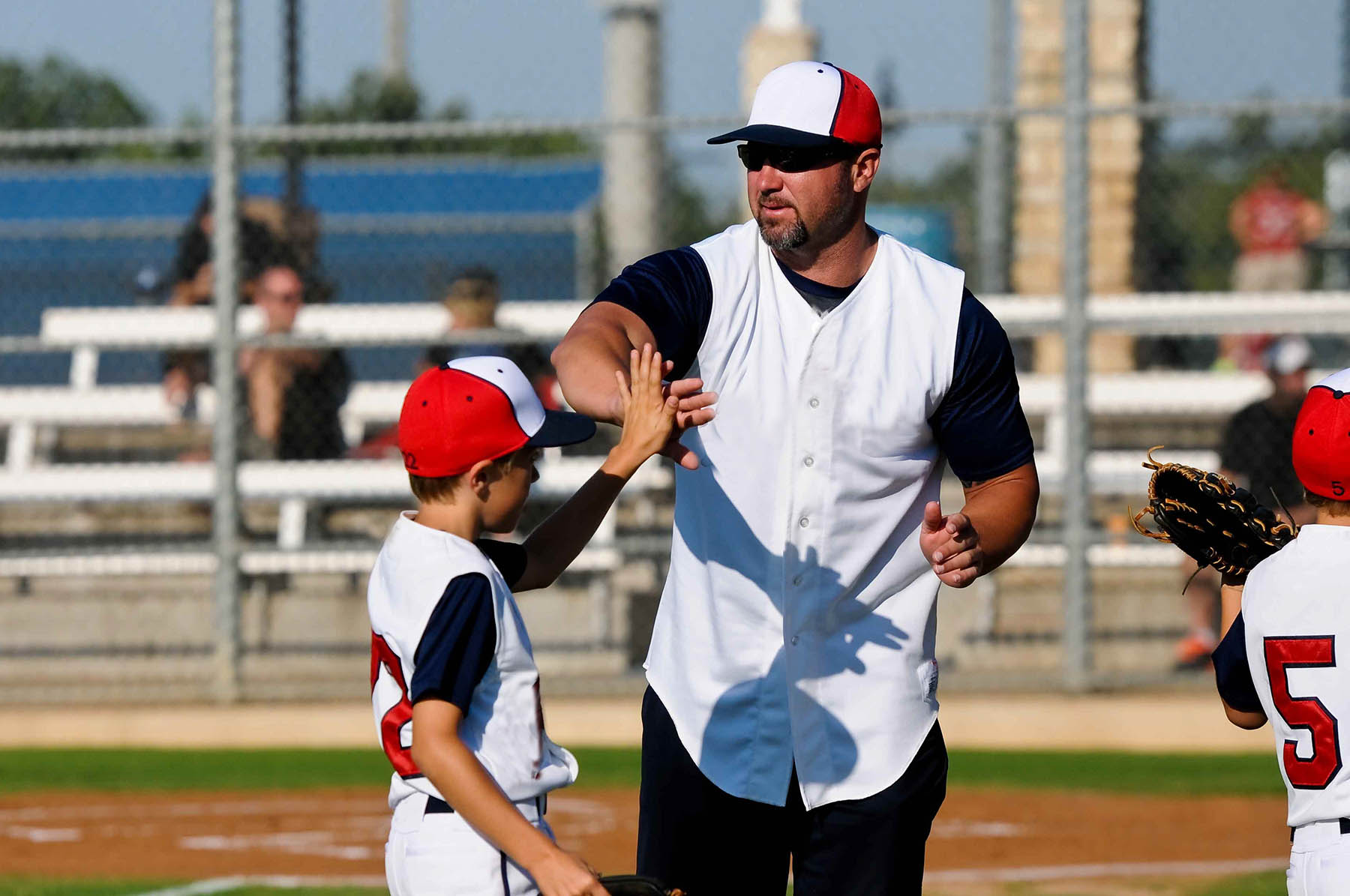Becoming an inspirational youth coach isn’t just about winning games or running great practices—it’s about shaping lives. Coaches have the unique power to influence how young athletes view themselves, handle challenges, and develop life skills that stretch far beyond the scoreboard. If you’re stepping into this role, you’re not just a coach. You’re a mentor, a motivator, and often, a lifelong influence.
This complete guide will give you the mindset, tools, and proven strategies to evolve into a youth coach who doesn’t just train players—but transforms them. Ready to inspire the next generation? Let’s dive in.
Understanding the Role of a Youth Coach
A youth coach wears many hats. Beyond teaching the technical skills of a sport—dribbling, passing, hitting, or running plays—you also play the part of a teacher, counselor, role model, and cheerleader. Young athletes are still discovering who they are, and your influence can guide them in developing confidence, resilience, and teamwork.
You’re not just building athletes. You’re helping build character. And that means your impact can last well beyond a single season.
Building a Coaching Philosophy
Every great coach leads with a clear and personal coaching philosophy. It’s not about copying another coach’s playbook—it’s about defining your own values and what you believe success looks like.
Start by asking yourself:
-
What do I want my athletes to take away from this experience?
-
How do I define success beyond wins and losses?
-
What values do I want to model and promote?
Whether it’s discipline, sportsmanship, effort, or inclusivity, your philosophy sets the tone for your team. It influences your decisions, your reactions, and how your players will grow under your leadership.
Communication: The Key to Connection
Clear, respectful, and encouraging communication is vital in youth coaching. The way you speak to your players—especially in challenging moments—can build trust or erode it.
Tips for Effective Communication:
-
Use positive reinforcement before offering constructive criticism
-
Be specific when giving feedback—“Great hustle getting back on defense!” is more powerful than “Nice job.”
-
Listen more than you speak—especially when players are frustrated or unsure
-
Keep communication age-appropriate and developmentally sensitive
Encouraging an open-door policy also helps players feel comfortable asking questions or sharing concerns, making your role more impactful.
Developing a Growth Mindset
An inspirational youth coach doesn’t just teach skills—they teach mindset. One of the most powerful lessons you can give your players is the value of effort and persistence.
Teach your athletes that:
-
Failure is a part of learning
-
Struggles are stepping stones to success
-
Growth happens through consistent work and reflection
Use phrases like “You’re improving every time you try,” or “Let’s figure out what we can learn from that.” This approach helps athletes embrace challenges rather than fear them—a skill they’ll carry for life.
The Power of Positive Reinforcement
Positive reinforcement is more than handing out high-fives. It’s about noticing the small wins and acknowledging the behaviors you want to see more of. Recognizing effort, attitude, and teamwork fuels motivation and encourages kids to keep showing up with energy and heart.
Ways to Reinforce Positively:
-
Start and end practices by calling out specific improvements
-
Celebrate hustle plays, teamwork, or moments of sportsmanship
-
Highlight individual growth, even if the team loses
Praise progress, not perfection. And remember—sometimes, your encouragement is what keeps a young athlete from giving up.
Crafting Engaging Practices
A great coach knows how to make practice both productive and fun. Kids learn best when they’re engaged, laughing, and moving with purpose.
Practice Planning Tips:
-
Break drills into short, energetic segments
-
Add competition to drills to raise focus and excitement
-
Include team-building games and challenges
-
Keep your energy high—your enthusiasm is contagious
Switch things up regularly to avoid monotony. And always end practice on a high note to leave players eager for the next session.
Managing Diverse Abilities and Personalities
No two players are alike—and that’s a beautiful challenge. Some are naturally gifted. Others need more support. Some are shy; others are bold. As a coach, your job is to create space for everyone to grow.
-
Get to know each player’s learning style and motivators
-
Rotate drills to allow all kids a chance to shine
-
Use group and individual feedback to meet players where they are
-
Avoid playing favorites—consistency and fairness build trust
When every athlete feels seen and valued, they’re more likely to engage fully and develop confidence in themselves.
Leading by Example
Kids pay more attention to what you do than what you say. That’s why being an inspirational youth coach starts with living your values.
-
Show up prepared and on time
-
Speak respectfully to referees, opponents, and parents
-
Take responsibility for mistakes—yours and the team’s
-
Display humility in victory and grace in defeat
Your conduct teaches more than any drill ever could. Your athletes are watching—and they’ll remember how you made them feel, win or lose.
Evaluating Progress and Setting Goals
Progress in youth sports isn’t always visible on the scoreboard. Setting realistic and personalized goals gives players a path to improvement and purpose.
Goal-Setting Framework:
-
Help each player set a personal goal (e.g., improve left-foot passing)
-
Break team goals into weekly focuses (e.g., better communication)
-
Celebrate progress with visual trackers or team shout-outs
-
Encourage reflection after games and practices
This habit not only builds motivation, it helps players connect hard work with real results.
The Lasting Impact of an Inspirational Coach
Ask any adult who played youth sports, and they can probably name the one coach who left a mark. Maybe it was the coach who believed in them when others didn’t. Or the one who taught them grit, patience, or how to bounce back after a loss.
That coach could be you.
Being an inspirational youth coach doesn’t require perfection. It requires heart, patience, and a willingness to lead with values. Your influence might not show up in the win column—but it will show up in the way your athletes approach challenges, relationships, and their goals in life.
And if you’re looking for more ways to become a positive influence, check out our related guide on Nurturing Young Talent: Essential Tips for Coaching Youth Football—full of practical strategies for creating a strong, supportive team culture.









